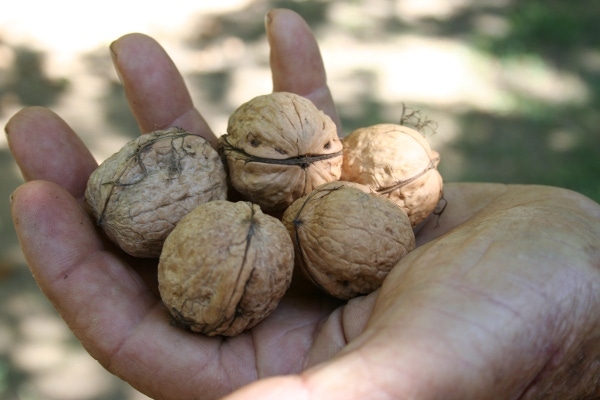April 7, 2016

The California walnut industry supports the proposed Trans-Pacific Partnership (TPP) Agreement which would reduce or eliminate trade barriers in the Asia Pacific region.
Under the terms of the proposed agreement between the U.S., Australia, Brunei, Chile, Canada, Japan, Malaysia, Mexico, New Zealand, Peru, Singapore, and Vietnam, tariffs on walnuts would be reduced or eliminated in Japan, Malaysia, Vietnam, and New Zealand.
Walnut exports to the TPP region was $392 million in crop year 2014-2015, accounting for 16 percent of the industry’s total shipments.
According to the California Walnut Commission (CWC), the walnut industry could benefit immediately benefit from the agreement, as tariffs in Japan - the industry’s third largest export market - would drop from 10 percent to zero.
“Duty relief provides a tremendous opportunity to further grow an important and established market,” says California walnut grower John Gilbert, chair of the CWC’s Issues Management Committee.
“Over the past four decades, the industry has made significant investments to expand the market and we eagerly anticipate the new opportunities for growth the TPP agreement provides,” Gilbert says.
Grower Jack Mariani, the CWC’s Market Development Committee chair, says increasing California walnut competitiveness is a priority for the commission.
“The TPP will benefit U.S. agriculture and specifically California walnuts, by leveling the playing field amongst producers providing equal access for California walnuts,” Mariani says.
Walnut grower and former CWC Chair William Tos thanks he negotiating team at the U.S. Trade Representative’s office who he said worked tirelessly to gain agreement among TPP partner nations.
“This agreement’s proposed duty reduction will mean that California walnuts are a better value to end users of our product, thereby increasing demand and future consumption,” Tos said.
The CWD says California’s 4,000-plus walnut growers and 94 handler-processors look forward to the ratification of the agreement. The agreement must be approved by each country, including the U.S. Congress.
Tree Nut Updates
You May Also Like




